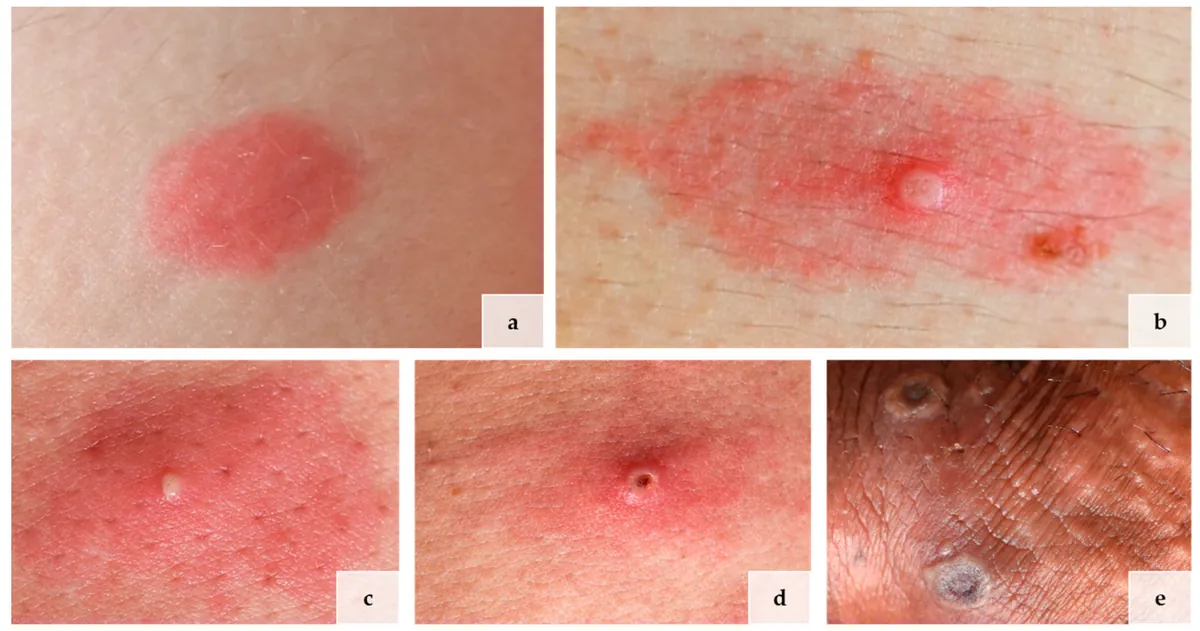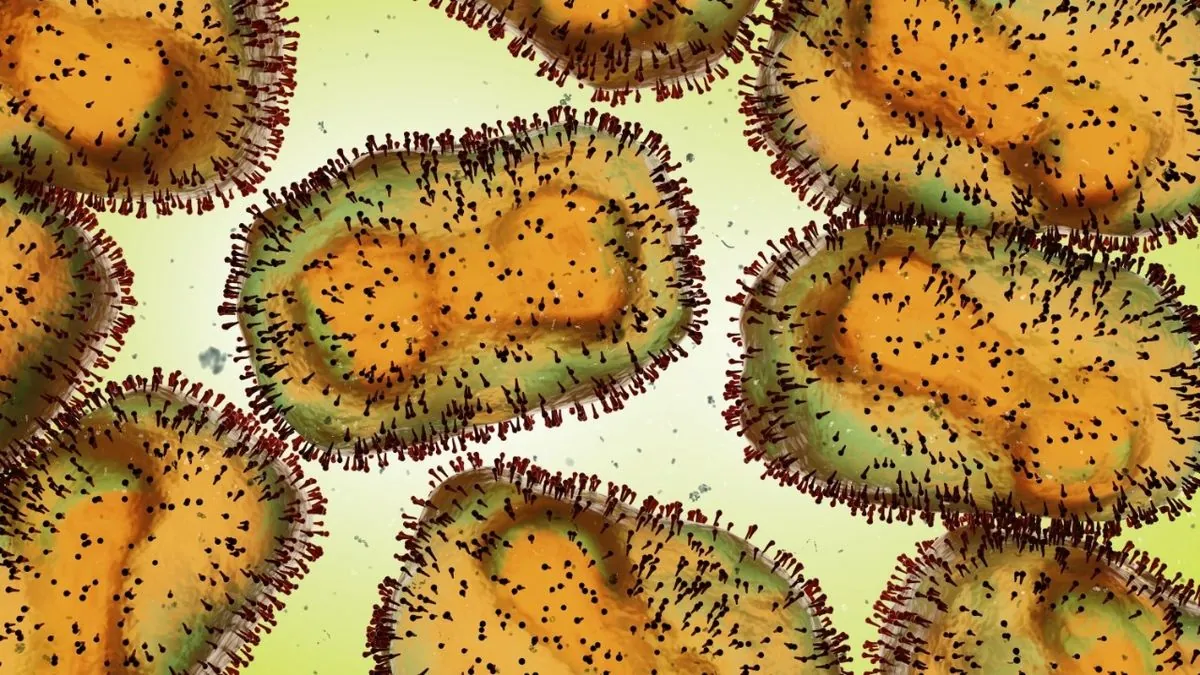Sweden Reports First Mpox Case Linked to African Outbreak
WHO confirms Sweden's mpox case connected to African outbreak. The clade Ib virus, considered more severe, spreads outside Africa a day after WHO's emergency declaration.

On August 15, 2024, the World Health Organization (WHO) verified that a case of mpox in Sweden was connected to an outbreak in Africa. This marks the initial instance of the virus spreading beyond the African continent following the WHO's declaration of a global public health emergency on August 14.
Swedish health authorities disclosed that the individual contracted the clade Ib variant of mpox while in Africa. This strain is associated with the current outbreak and is currently receiving medical care. Clade Ib is believed to cause more severe symptoms compared to the variant responsible for the 2022 public health emergency.

Mpox, first identified in 1958 in research monkeys, has a rich history of scientific study. The initial human case was documented in 1970 in the Democratic Republic of Congo. The virus, part of the same family as smallpox, is endemic to certain African regions, particularly tropical rainforests.
Key facts about mpox include:
- Symptoms typically involve fever, rash, and swollen lymph nodes
- Incubation period ranges from 5 to 21 days, usually 6 to 13 days
- Transmission can occur from animals to humans through bites, scratches, or consumption
- Fatality rates have historically varied from 0% to 11%
- Two distinct genetic clades exist: Central African and West African
The WHO's decision to rename the virus to "mpox" in 2022 aimed to reduce stigma associated with the previous name.
"We are closely monitoring the situation and implementing necessary precautions to prevent further spread of the virus."
While Sweden has reported this case, officials in the United States and Canada have not identified any instances of the clade Ib mpox variant in their respective countries as of the current date.
It's important to note that mpox spreads through close contact. The virus can persist on surfaces, especially in dark, cool, and low humidity environments. However, it is not as contagious as diseases such as chickenpox or measles.
Prevention measures include:
- Avoiding close contact with infected individuals or animals
- Practicing good hygiene
- Using personal protective equipment when caring for infected patients
Interestingly, smallpox vaccines have shown approximately 85% effectiveness in preventing mpox infections. This connection highlights the potential for existing medical knowledge to aid in combating emerging health threats.
As health organizations worldwide remain vigilant, the global community must stay informed and adhere to recommended precautions to mitigate the spread of this more severe mpox variant.


































